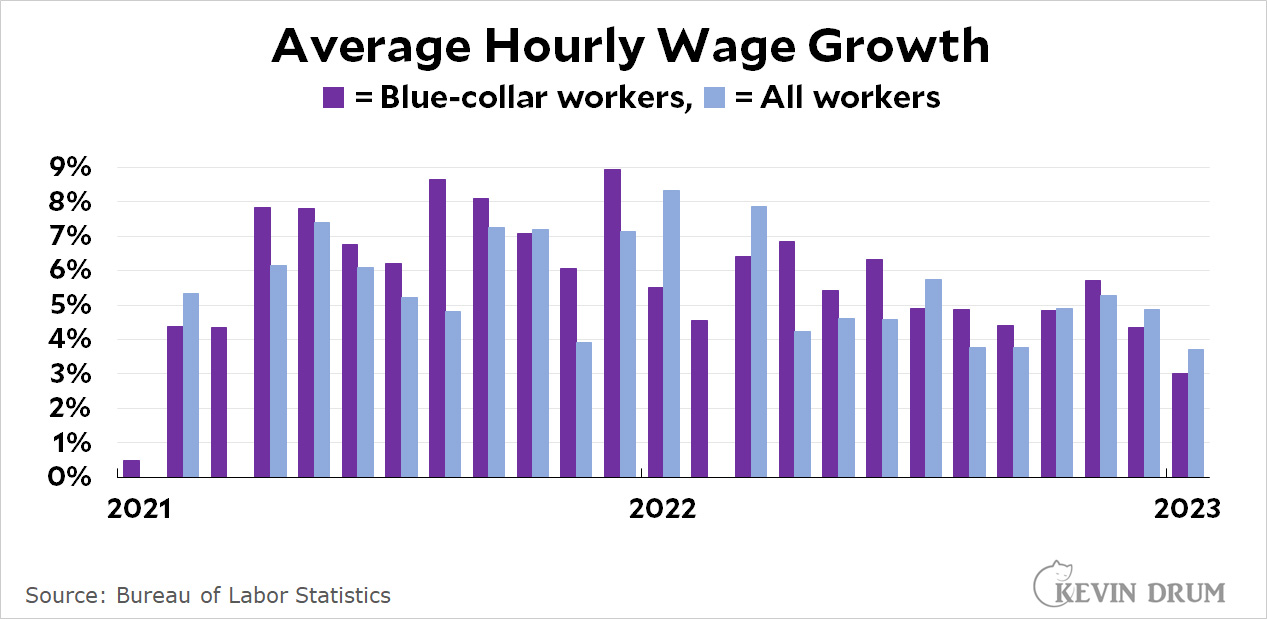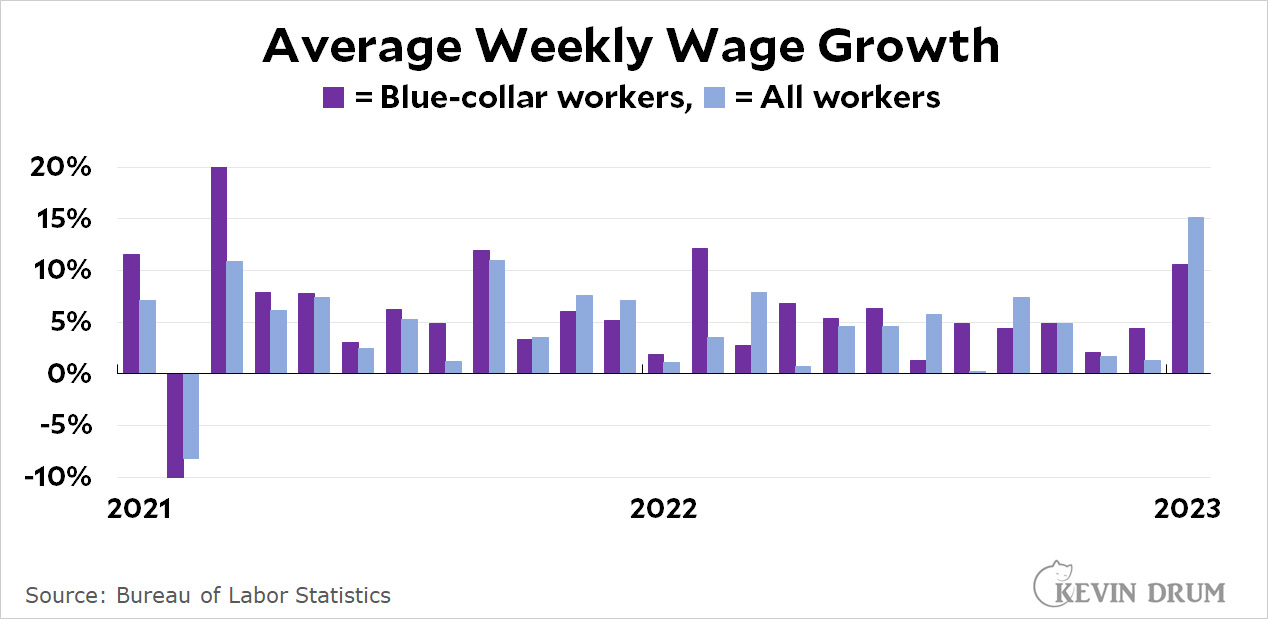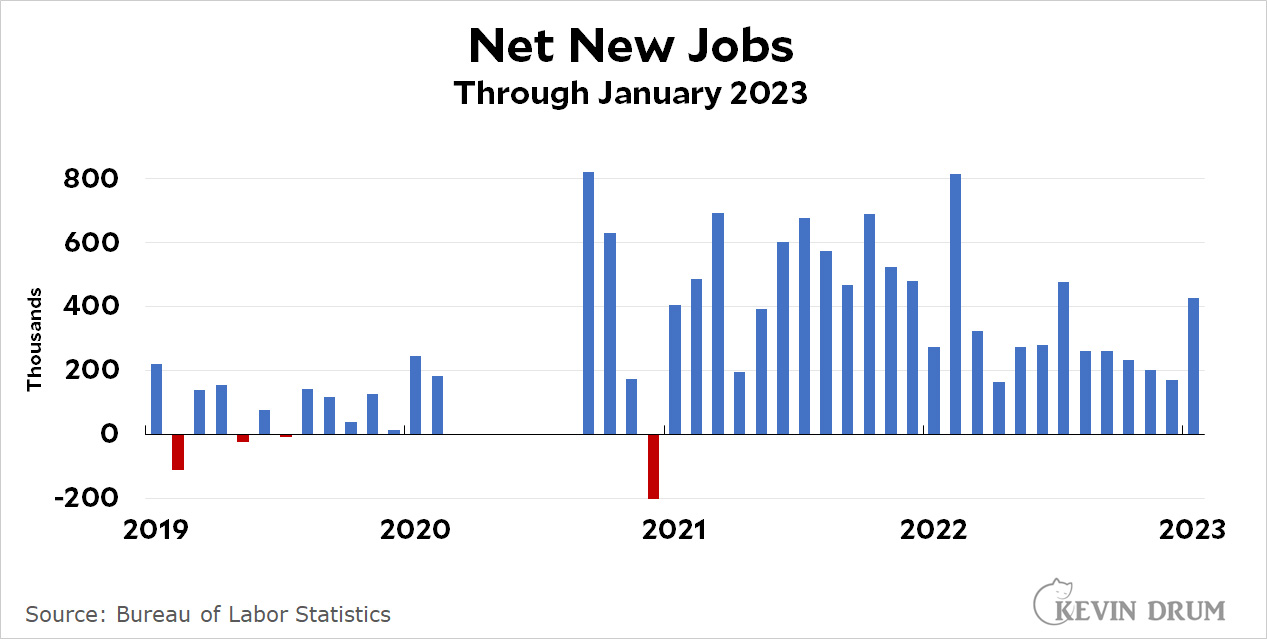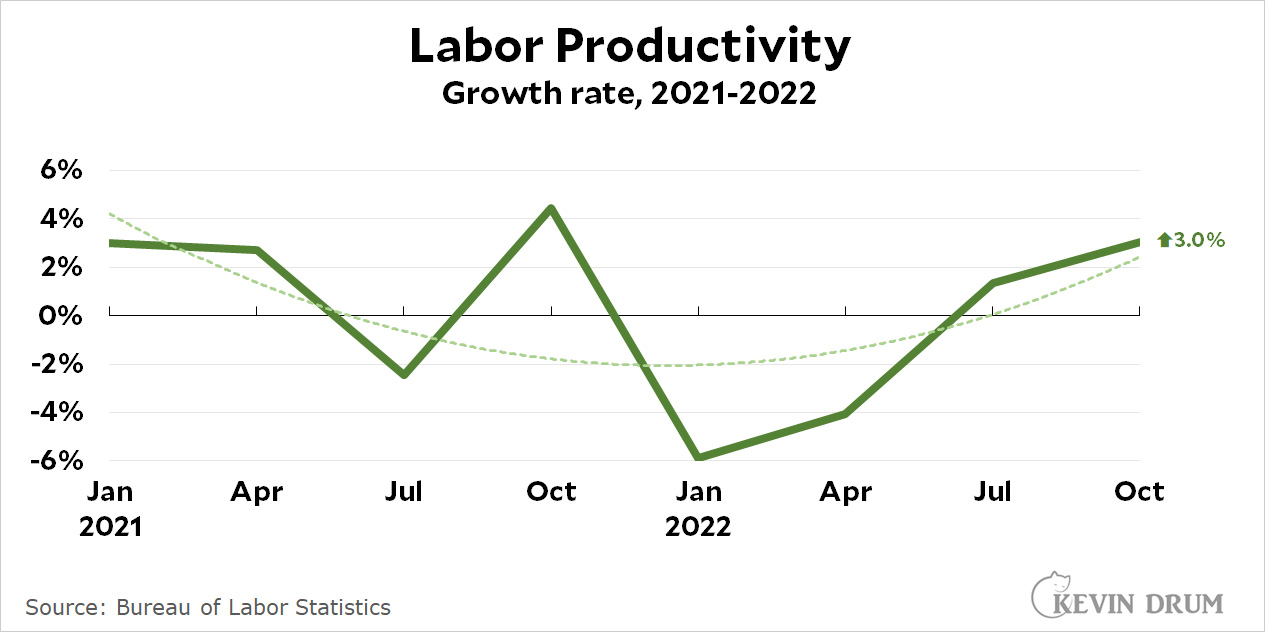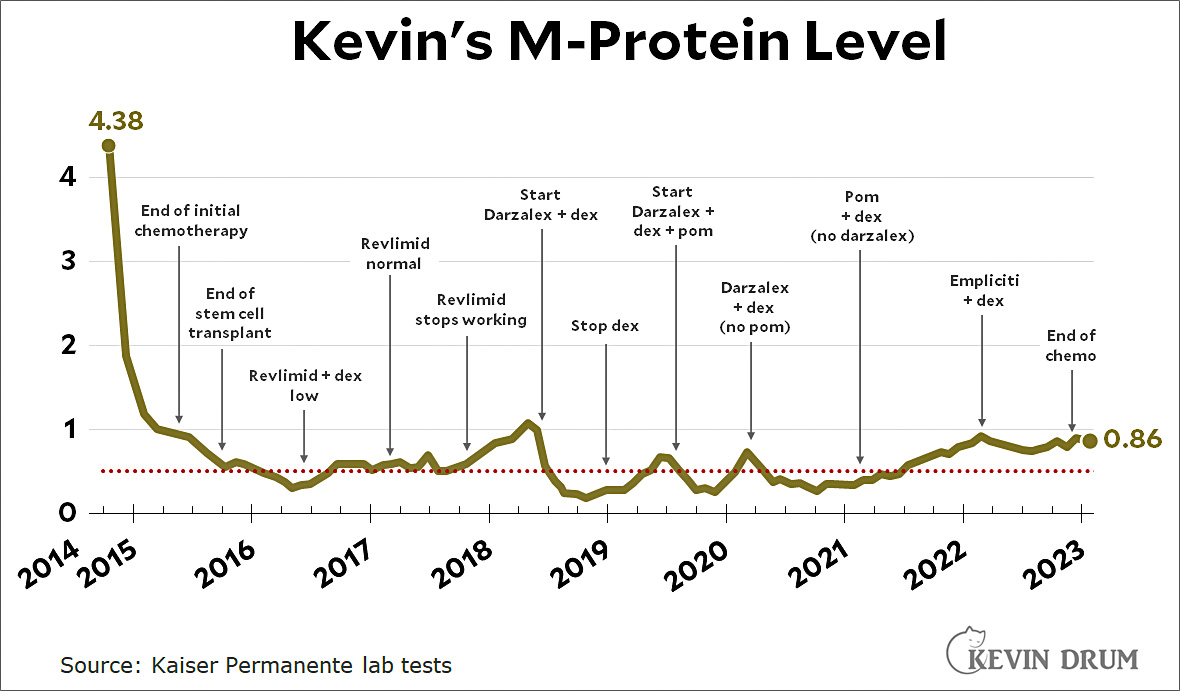Boris Johnson, during a visit to Washington DC yesterday, said he was "appalled to discover just how many people are afraid and frightened of a guy called Tucker Carlson." Over at National Review, Bobby Miller gives him high-fives:
Johnson’s concerns are justified. Because of his large viewership and ability to whip up anger against anybody who crosses swords with him, Carlson wields tremendous influence among Republicans. There’s a contingent of Republicans who are eager to get into his good graces by taking positions that will generate appearances and favorable coverage on his show. There are also those who may oppose his populist and non-interventionist vision, who nonetheless walk on egg shells when it comes to any discussion of him. Republicans should be more willing to say what they think, without fear of whether they end up in Carlson’s crosshairs.
Both Johnson and Miller act vaguely surprised about this. Maybe they could use a history lesson.
Before the late '80s, there was really no choice except print if you wanted to get a daily dollop of right-wing opinion. That meant George Will and William F. Buckley and a bunch of other hyper-educated conservative elites, none of whom really appealed to the common man.
But the demise of the fairness doctrine upended the airways, and later on cable news became a staple. When that happened, everything changed.
First up was Rush Limbaugh. Maybe no one really remembers it now, but he was completely nuts! It was all feminazis and Billary and Vince Foster—and the common man loved it.
But Limbaugh needed the Clintons as foils and lost some of his mojo when they left the White House. The 9/11 attacks opened up new opportunities, and the Fox News prime-time trio of Sean Hannity, Laura Ingraham, and Bill O'Reilly seized it by upping the outrage—and the common man loved it.
Eventually 9/11 faded and Iraq turned into an unpopular debacle. Then Barack Obama took office and that demanded a whole new level of outrage. The old Fox News gang didn't seem quite suited to the era of the tea partiers, so Glenn Beck took over. He was so deranged he made the rest of them seem like Ivy League scholars—and the common man begged for more.
Glenn couldn't keep up the craziness forever, so he quit. Up stepped Andrew Breitbart, whose website was willing to go where even the lunatics hadn't dared tread before—and the common man was ecstatic.
But Breitbart died and times changed. Tucker Carlson, shrewd and calculating man that he is, decided there was a vacuum to fill. The way to fill it, as usual, was by dialing up the outrage yet again, so that's what he did—and the common man loved it even more than ever.
In other words, Boris and Bobby, this is nothing new. People like you created, nurtured, and apologized for these folks. Every few years they'd get ever louder and ever more dangerous, and you went along with it because it brought in votes. Tucker Carlson is just the latest version of this and he's your creation. So please don't look all doe-eyed while you're pretending to be shocked at the influence the lunatic fringe has. It doesn't become you.


